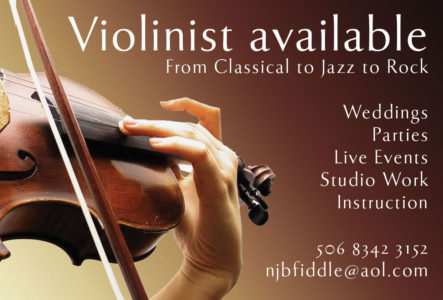Fiddlin’ Around – April 2019
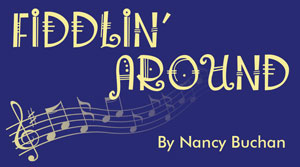 When people can’t communicate with each other verbally, when age or physical differences keep us apart, when we share no common history or experiences—there is always music to bring us together! OK, so this is not exactly earth-shattering news, but I am writing this on Fat Tuesday, where in my beloved town of New Orleans people are going crazy right now and are dancing in the streets to all kinds of different music and rhythms. Mardi Gras music is its own category and lingo and everybody knows the songs—from little kids tap dancing to ‘Hey Pocky Way’ to Little Queenie singing ‘My Darlin’ New Orleans’ to Dr. John growling about ‘Going Back to New Orleans’. Tomorrow, Ash Wednesday, the folks there will put away their costumes, donate all those beads that they were diving on the filthy ground to retrieve to a charity and trying new hangover remedies.
When people can’t communicate with each other verbally, when age or physical differences keep us apart, when we share no common history or experiences—there is always music to bring us together! OK, so this is not exactly earth-shattering news, but I am writing this on Fat Tuesday, where in my beloved town of New Orleans people are going crazy right now and are dancing in the streets to all kinds of different music and rhythms. Mardi Gras music is its own category and lingo and everybody knows the songs—from little kids tap dancing to ‘Hey Pocky Way’ to Little Queenie singing ‘My Darlin’ New Orleans’ to Dr. John growling about ‘Going Back to New Orleans’. Tomorrow, Ash Wednesday, the folks there will put away their costumes, donate all those beads that they were diving on the filthy ground to retrieve to a charity and trying new hangover remedies.
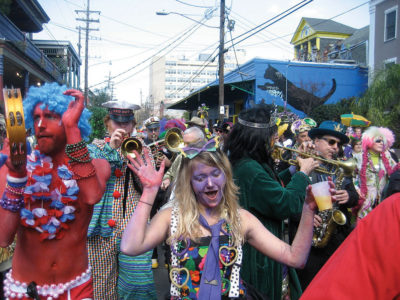
But also as I write this, the folks from the Envision Festival are cleaning up the area and the beach after days of relentless partying to techno and dj and live music. They will be donating money and effort to local charities and everyone’s consciousness will have been raised. Well, in theory anyway. They’ll be slamming down fruit juice and smoothies and doing their yoga stretches and exchanging phone info with the other survivors. Up the road by Quepos the cowboys who participated in the local rodeo are sore from dancing to Cumbia music and battling bulls and are probably drinking shots of chili guaro to get them through their day. We are all feeling a bit beat up and weary, but most of us will be back at it next year, ‘cause the impulse and the drive to dance and sing is the same no matter where you are or where you’re from!
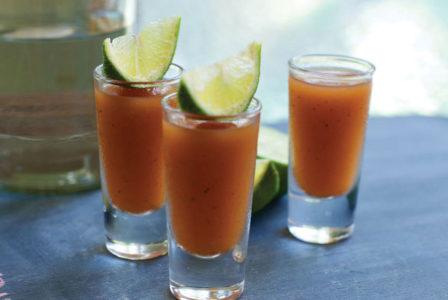
People who travel get to experience an immediate and pleasant rapport with strangers, and those of us who live in culturally diverse places can find common ground by sharing stories of our musical heritage. What gringo hasn’t smiled when hearing young Tico musicians playing “Hotel California”? Or how about when the gringo kids are learning to sing in Spanish the beautiful lyrics to “Guantanamera”? Tap dancing kids on the streets of New Orleans, soccer-kicking kids on a beach in Belize, super serious Europeans in cowboy hats and boots—they all know the words to “You Are My Sunshine” and so they can feel themselves to be part of a universal song.
It’s easy to be overwhelmed by the variety and quantity of the styles of music that have contributed to what we consider ‘local’ music down here. For starters, ‘Latin music’ is a term that just doesn’t explain enough. So many styles can fall under that heading—Salsa, Meringue, Son, Jazz, Cumbia, Rumba, Folkloric, Ranchero, Calypso, Soca, African, Caribbean, Brazilian, Mambo, Samba, Mariachi, Tango…and that is barely scratching the surface. Whew. It’s exhausting to even attempt to name all these influential styles, let alone explain them.
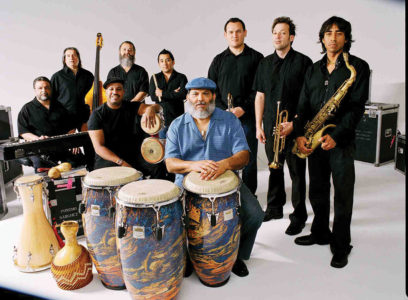
In general, ‘Latin music’ is part-oriented. Each instrument or voice has a fairly specific role to play in the interlocking web of rhythms and harmonies. Everybody has their job to do to contribute to the whole. I think if you really want to understand a style of music with any kind of authenticity, you need to know something about how it was developed. The language and customs of the region where it is played, the politics and philosophy, the controversies, the triumphs, the sorrows and the joys of the people who gave birth to it.
Costa Rica’s modern day music was originally influenced by many different cultures—African, European-Hispanic, Caribbean, North and South American. Even the Boruca and Bris Bris indigenous people made fine drums and contributed to the ever-evolving music here. The instruments used have evolved from other geographic origins as well, using materials available to them for their construction. Trying to define ‘Latin Music’ or ‘Salsa’ is like trying to pinpoint how Jazz or Rock was started—they contain elements of different styles from different geographies and cultures. When African rhythms and instruments met the Spaniards, both styles were changed forever. For the oppressed, the result was often a way to communicate dissent or to affect change politically. Even our so-called north American music traditions were altered in subtle ways—the great New Orleans jazz artist Louie Armstrong was influenced mightily by his first bandleader—a Calypsonian from the Caribbean coast!
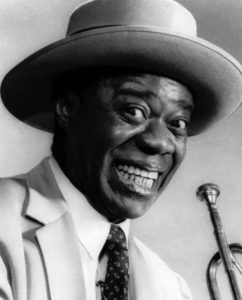
There has been some wonderful live music being presented down here at venues in Dominical, so come on south and join us! There’s a bit of everything going on here from local Trova music to country singers to jazz guys—become part of it! And thank you for supporting live music—wherever you might find it!
Laissez les bons temps rouler! Let the good times roll!
Music is a higher revelation than all wisdom and philosophy. Ludwig Van Beethoven
Master your instrument, master the music, then forget all that bullshit and just play! Charlie Parker
Music is a language that doesn’t speak in particular words. It speaks in emotions and if it’s in the bones, it’s in the bones. Keith Richards

